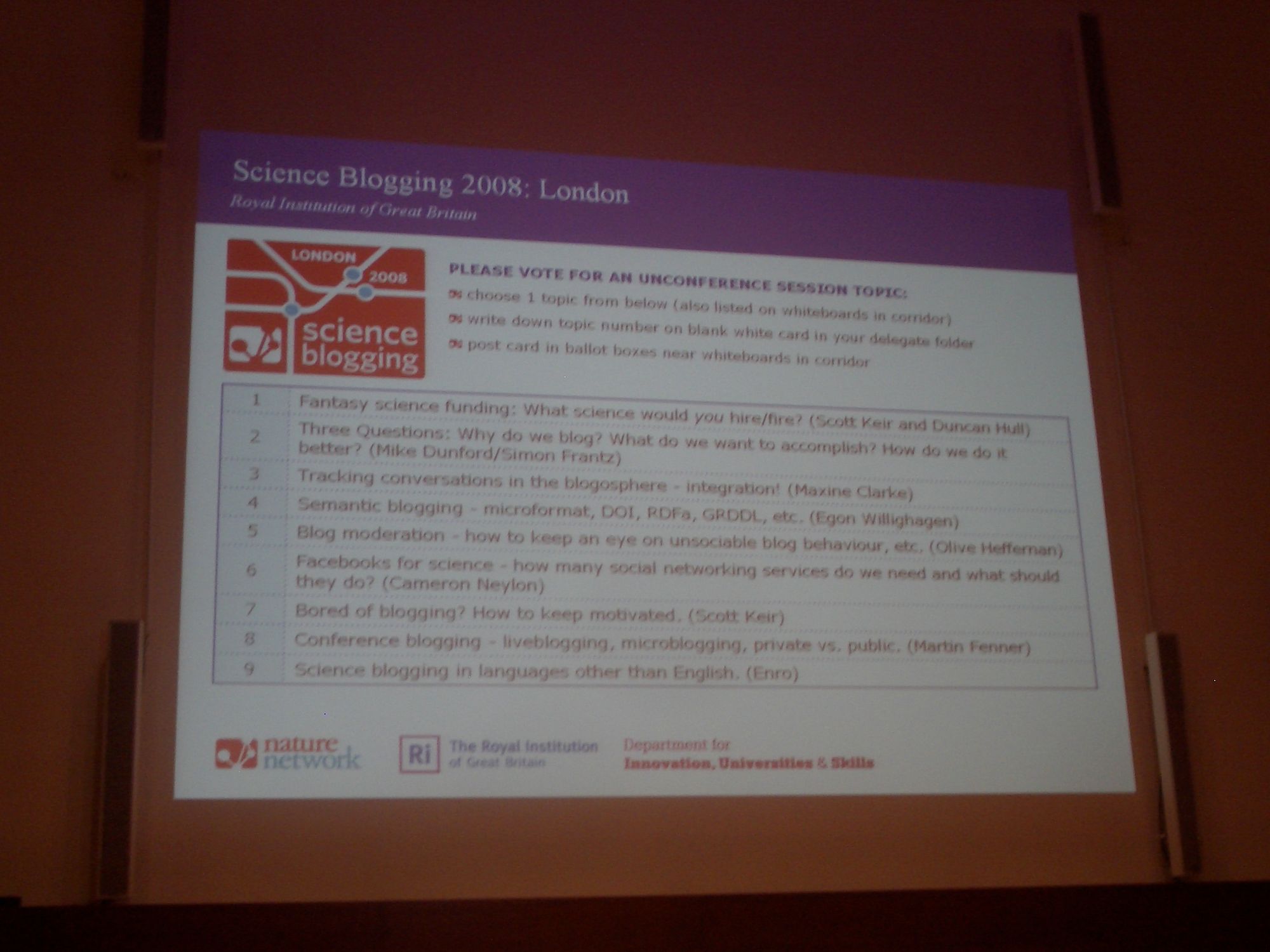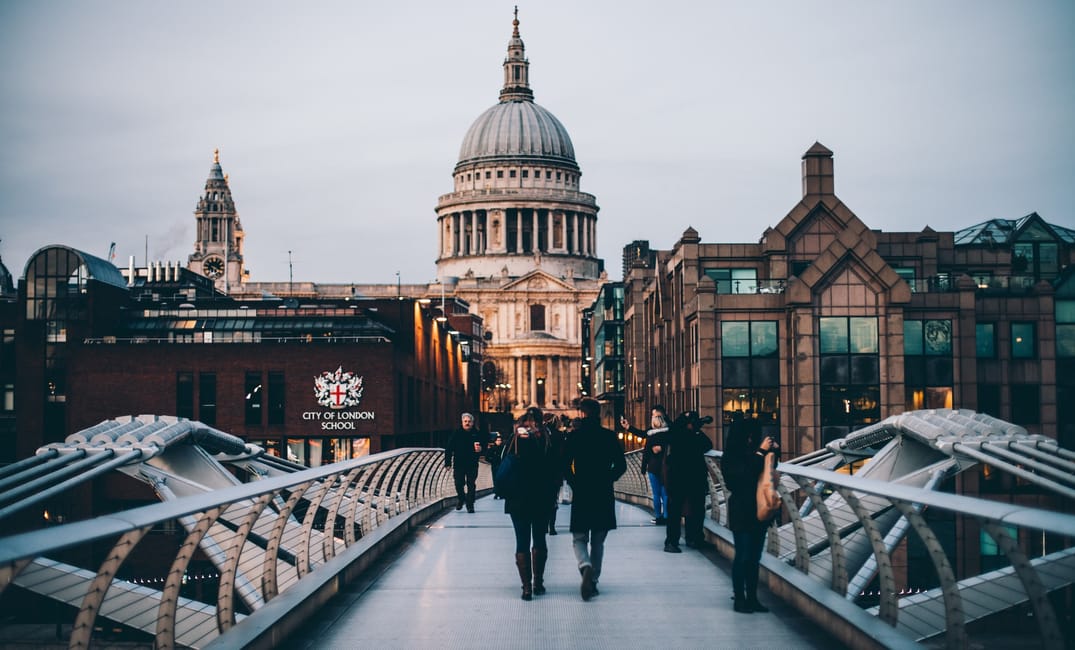This year’s SpotOn London conference takes place November 14-15 and the registration has opened this Monday. I am helping organize this conference since 2009, and I again look forward to the sessions, and - more importantly - the discussions with people in and between sessions this year.
The name (ScienceBlogging London, ScienceOnline London, SpotOn London), the location (Royal Institution, British Library, Wellcome Conference Center), the people organizing (too many to mention, but Nature Publishing Group always at the core), and the fringe events (lots of cool things from science tours to Story Collider) and the format have always changed slightly over the years, and this year again is a bit different. The biggest change is obviously that Lou Woodley is no longer an organizer (as she announced at last year’s conference), but this is also the first SpotOn conference with a theme:
The challenges of balancing the public and the private in the digital age
This is obviously a very broad topic, but nicely encompasses many important issues that we are dealing with in scholarly communication today. The draft program is posted here, and I’m helping organize the sessions on sharing sensitive data and open peer review. More details will follow for all these sessions.

The second day of the conference will be in unconference (or barcamp) format and the program drafted by the delegates in the morning. This format is popular in the science communications community (I first heard about the project that became my current job at SciBarCamp in 2009), and SpotOn London has used this format in the first conference in 2008 (and again in 2009):
For people not familiar with this format the idea of a conference (day) without predetermined topics or speakers sounds scary. As it turns out, the problem is usually not the lack of ideas or people wanting to talk, but rather how to coordinate this in a way that everyone who wants to get involved can do so, and it doesn’t become a discussion among those with the loudest voices (and biggest egos). My experience with SpotOn London and other conferences I enjoyed is that the best sessions are usually those that allow for a good discussion, and not those with the most polished PowerPoint slides. Some suggestions for when you attend an unconference for the first time:
- go to sessions with topics you know little about, but want to learn more
- when suggesting a session, do this together with others
- suggest topics that are focussed and unusual, not the obvious ones we always talk about
- don’t even think about doing a PowerPoint presentation
- when moderating a session, be a good moderator, not a good speaker


